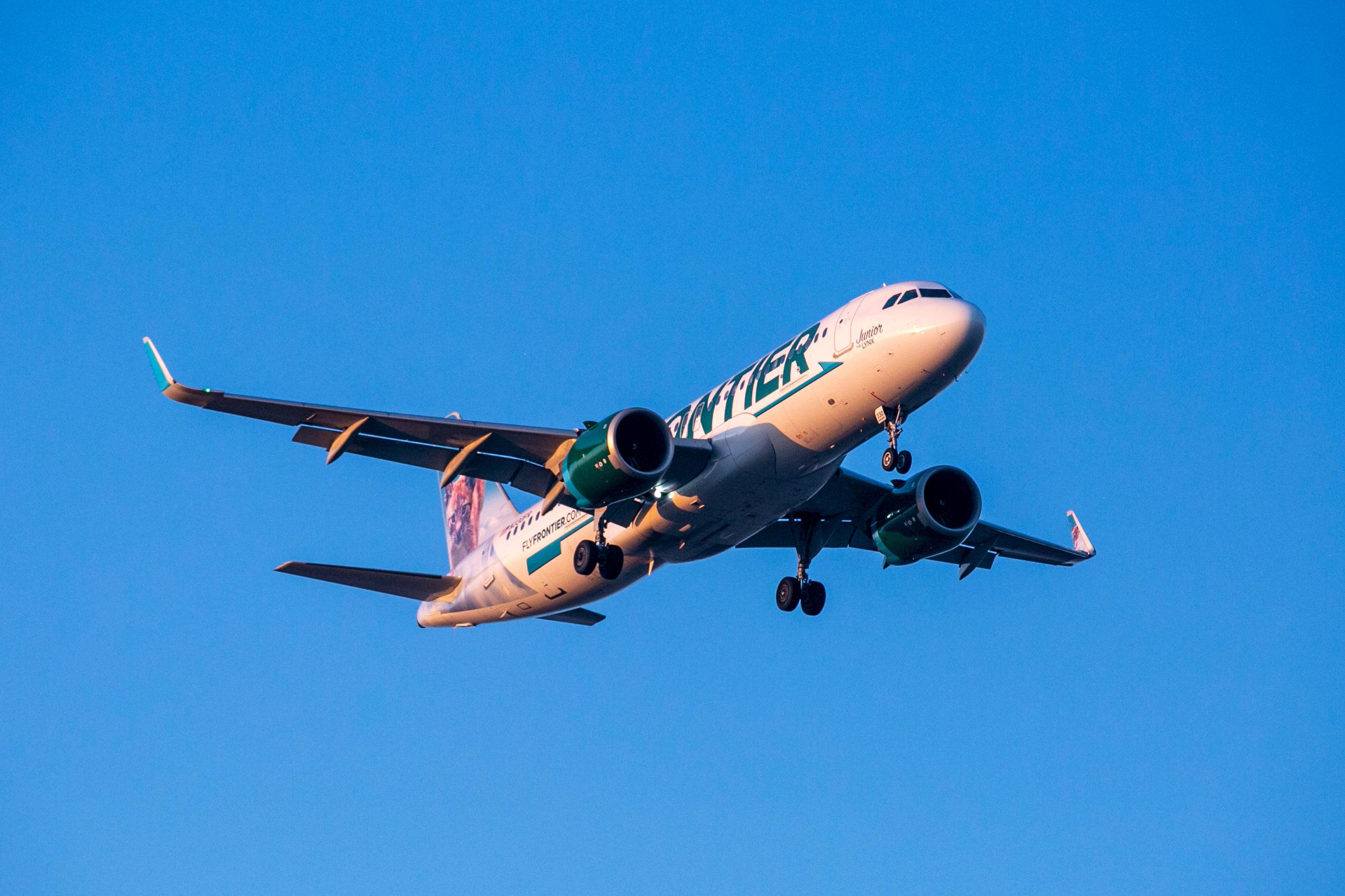
Frontier Airlines is buying low-cost competitor Spirit in an all-stock transaction valued at $3 billion. The deal is expected to create the nation’s 5th-largest airline if approved by federal regulators.
The merger plan, announced Monday, aims to create an “aggressive ultra low-cost option” for consumers as air travel rebounds from pandemic lows, company leaders said. The new airline would offer 1,000 daily flights to more than 145 cities across the U.S., Latin America and the Caribbean.
“I'm confident that today's announcement will change the industry for the benefit of consumers,” said Bill Franke, chairman of Frontier Group Holdings, Inc., the airline’s parent company. “It’s transformative.”
Combined, the two airlines already offer direct flights to about 200 cities from Denver International Airport. Company leaders said the merger would allow them to expand routes in most markets while keeping costs down. They’ve already ordered 350 new Airbus jets to beef up the new airline's route offerings.
In addition, the new company plans to add around 10,000 “high-paying, union jobs with strong career stability” by 2026.
Leaders announced the move as air travel creeps back to pre-pandemic norms nationally and in Colorado. DIA recently published data showing the airport saw more than 58 million passengers travel through its gates in 2021, a 74 percent increase over 2020 numbers.
Traffic remains below 2019 levels, but the airport’s CEO expects it to continue to return to normal this year.
Labor shortages, weather and the recent Omicron wave have hit the industry hard, cancelling thousands of flights in recent months. More than 20 percent of Frontier’s flights nationwide were cancelled Monday, the day of the merger announcement, according to online tracking service FlightAware.
A Frontier spokeswoman said the cancellations were due to a technology issue, which has been resolved.
“We are working to restore our flight schedule for the balance of the day,” the spokeswoman said.
Frontier and Spirit say combining their companies puts them in a better position to recover from disruptions and compete against the country’s “big four” airlines, American, Delta, Southwest and United.
“A larger online fleet will deepen services to cities across the United States and we will be better positioned to improve recoverability during irregular operations,” said Ted Christie, Spirit’s president and CEO.
The companies say the merger and subsequent purchase of newer aircraft will save consumers around $1 billion annually by streamlining operations and keeping seat density high. Newer, more efficient jets will also help keep fuel costs low.
They expect average round trip ticket prices for the new carrier to hover around $108.
The companies haven’t announced the location of a headquarters for the new airline. They plan to focus on clearing the muster of federal antitrust regulators in the coming months, and close the deal by the end of 2022.
“This merger is different,” said Ted Christie, Spirit’s president and CEO. “This is not about reducing competition. This is about getting better fares to more people”
The merger announcement comes almost a year after Frontier went public in April 2021. The company’s CEO said the decision helped raise $266 million for the airline after revenues tanked in 2020.









